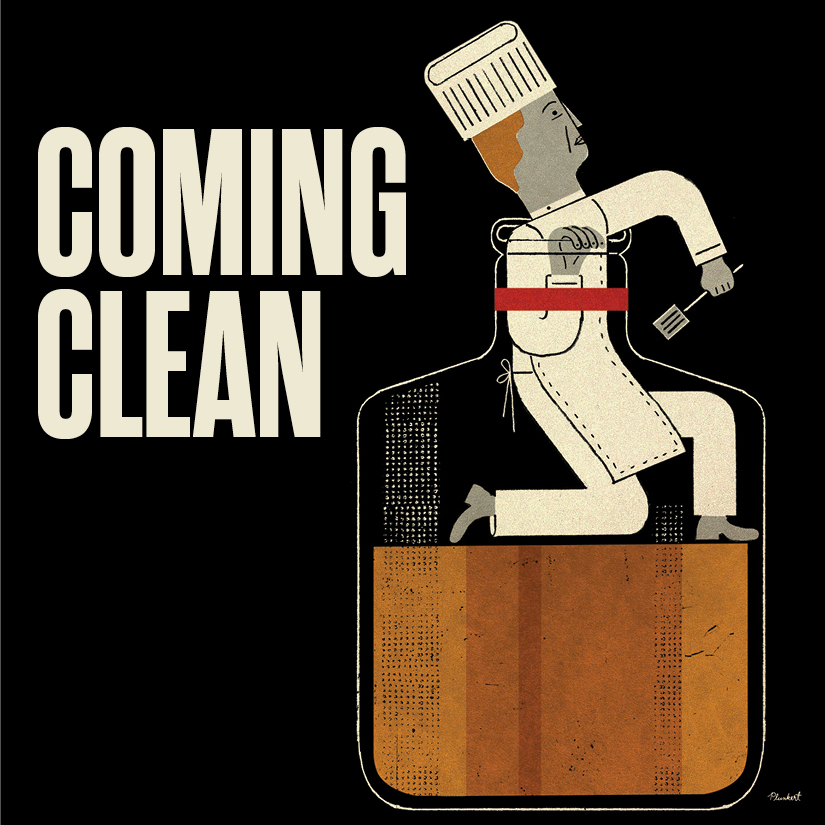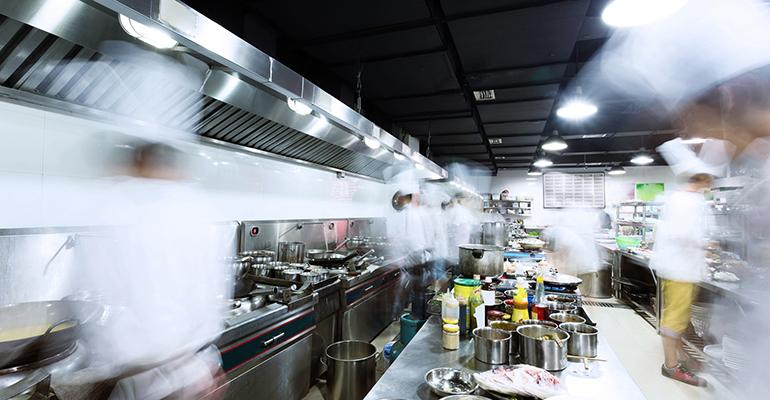
In this in-depth investigation, NRN looks at how restaurants can recover from a culture of substance abuse.
Joel Bennett, left, president of the Fort Worth, Texas-based Organizational Wellness & Learning Systems said his research in restaurants found that drug-free workplace and zero-tolerance policies will not work without seven other balanced steps:
1. Help coworkers learn how to listen compassionately to each other. Often times it’s a coworker who knows how to get help or is themselves in recovery.
2. Focus on team resilience and positive strengths that come from good teamwork in the restaurant. Coworkers have complementary strengths. Some are better at building team confidence. Others role model staying calm in the storm. Others show strong long-term commitment that inspires. These qualities actually protect against mental health and substance use risks.
3. Train managers to recognize the important influence they can have. Managers can wield their influence through constructive confrontation and referral to helpful counseling, treatment or 12-step resources. “This is much more personal and heart-centered than abstract recognition of signs and symptoms,” Bennett said.
4. Offer, whenever possible, employee assistance programs to all employees, especially younger at-risk employees.
 5. When employee programs are not available, seek local resources through United Way or other community health agencies. Make sure all new hires know about resources for getting help.
5. When employee programs are not available, seek local resources through United Way or other community health agencies. Make sure all new hires know about resources for getting help.
6. Train managers to understand how to not "look the other way" when an employee comes in late with a hangover or other subtle signs of problems.
“Get managers together to talk about their own stories of how to be responsive rather than ignore, tolerate or minimize problems,” Bennett said, “especially if they think ‘It’s not my job’ to take care of them.”
7. Recognize healthy ambassadors or mentors who are often to "core on the floor" for front-of-house employees or well-respected in the back of the house. Train them on how to compassionately encourage help seeking or just be a go-to caring coworker.
Read more:
Coming Clean: Recovering from a culture of substance abuse
Is the notorious world of restaurant partying taking a sober turn?
Why the opioid crisis is a restaurant crisis
Beyond AA: Where restaurant workers go for help
Ron Eyester on sobriety: 'I've honestly never felt worse'
Staying sober while running a whiskey bar
Do you have to leave foodservice to stay sober?
Column: A restaurant employee, an opioid addict, my son
7 things to know about the opioid crisis
Contact Ron Ruggless at [email protected]
Follow him on Twitter: @RonRuggless





